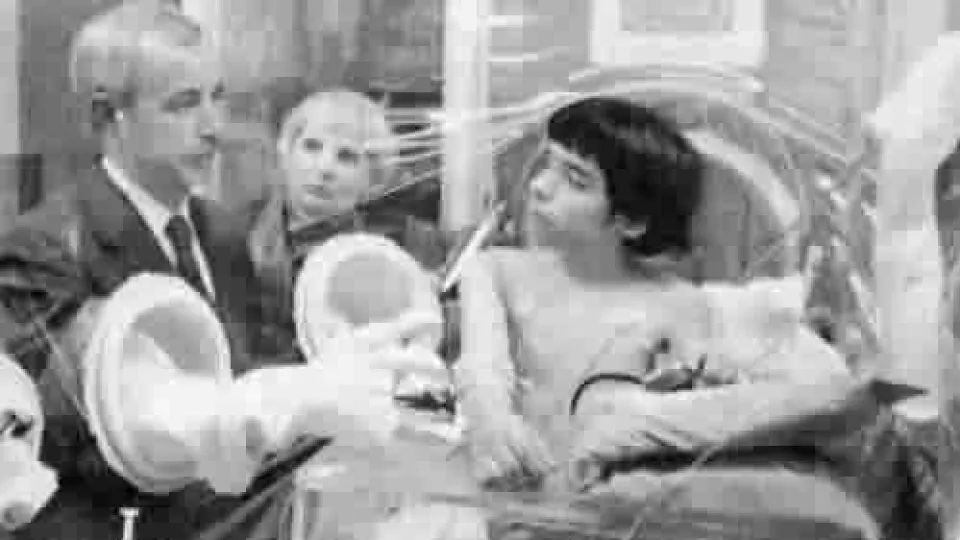
Newborn Screening Essential for Kids with “Bubble Boy Disease”
Severe combined immune deficiency (SCID) is one of the newest additions to the newborn screening panel in the state of California, but it’s still not tested for in all 50 states. Based on their recent findings published in the New England Journal of Medicine, Neena Kapoor, MD, and other researchers from the Primary Immune Deficiency Treatment Consortium hope to expand SCID screening across the nation.
SCID, commonly known as the “bubble boy disease”, is characterized by a lack of both the T-cell and B-cell immune responses, rendering the body’s natural defense system completely useless. Exposure to a simple cold or pathogen, or even the weakened viruses in vaccines, can develop into life-threatening infections. Because of this, infants with SCID generally succumb to infection or disease within their first year of life.
Bone marrow transplantation is the treatment of choice for most forms of SCID. The procedure involves taking blood cell-forming stem cells from the bone marrow, circulating blood, or umbilical cord blood of a healthy, matched donor, and infusing them into the patient. This process can repopulate the body with healthy blood cells, and restore function of the immune system.
To determine the best-case scenarios for long-term survival, Kapoor and colleagues evaluated 240 patients with SCID and examined the outcomes of patients treated with bone marrow transplantation.
“We found that children with SCID who had bone marrow transplantation, by any type of donor—matched sibling donor or not, before three-and-a-half months of age had the best survival outcomes,” notes Kapoor, section head of Blood and Marrow Transplantation at Children’s Hospital Los Angeles.
These results emphasize the importance of newborn screening for SCID; with early detection and treatment, kids with SCID can lead longer, healthier lives.


